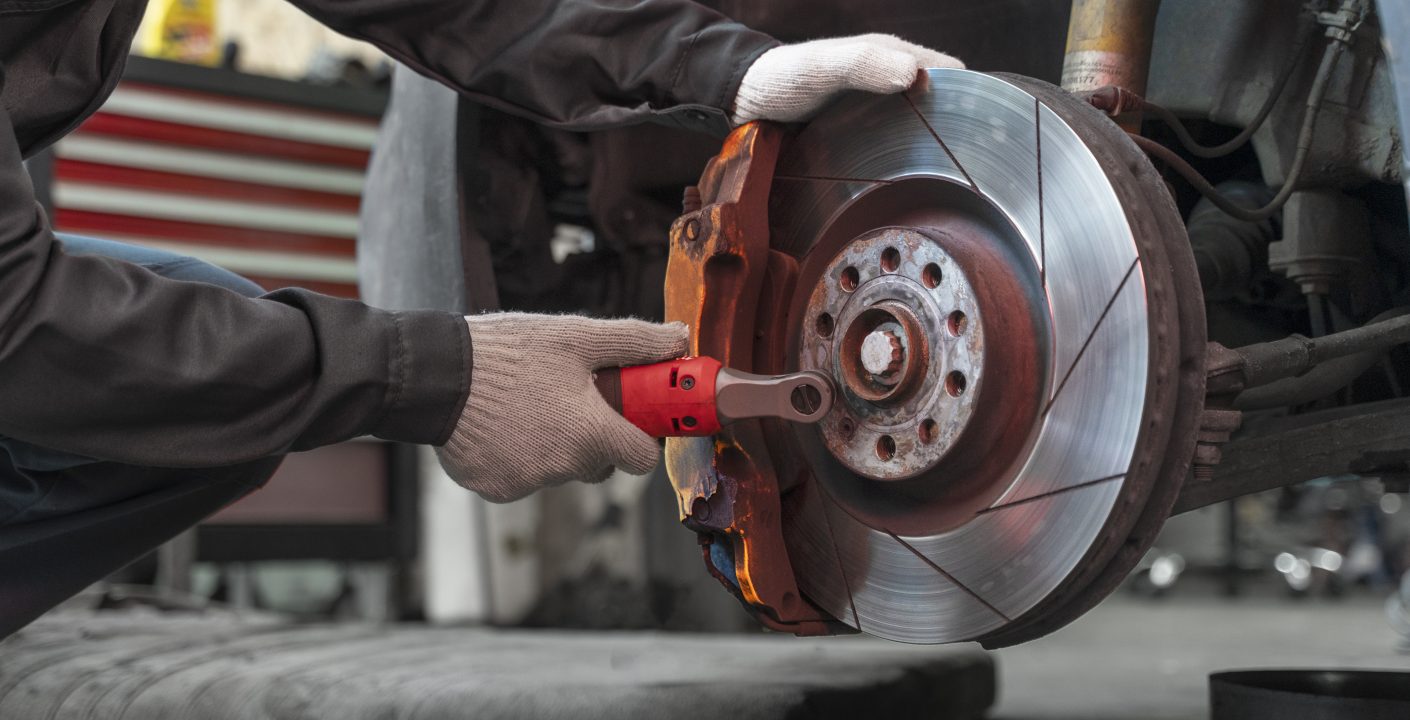Importance of Car Brake Fluid

Brake fluid is the lifeblood of your vehicle’s braking system, transmitting force from the brake pedal to the brake callipers, resulting in friction and ultimately, stopping power. In this article, we delve into the importance of brake fluid, various types of brake fluid, and essential maintenance tips to ensure your vehicle’s braking system operates at peak performance.
-
Importance of Brake Fluid:
Its primary function is to transfer hydraulic pressure. Also, it ensures responsive and reliable braking performance. Contaminated or deteriorated brake fluid can compromise braking efficiency, leading to longer stopping distances and potential safety hazards.
-
Types of Brake Fluid:
-
DOT 3, DOT 4, DOT 5.1
These glycol-based fluids are commonly used in modern vehicles. Additionally, they offer excellent performance across a wide range of temperatures and are compatible with most car braking systems.
-
DOT 5:
Unlike glycol-based fluids, DOT 5 is silicone-based. It is less prone to moisture absorption and is non-corrosive, making it ideal for high-performance vehicles and those operating in extreme conditions.
-
DOT 5.1 vs. DOT 5
Despite their similar names, DOT 5.1 is glycol-based and compatible with DOT 3 and DOT 4 systems, whereas DOT 5 is silicone-based and should not be mixed with glycol-based fluids.
-
Maintenance Tips for Brake Fluid:
-
Regular Inspections
Check brake fluid levels regularly and look for any signs of contamination, such as a dark or cloudy appearance.
-
Fluid Flush
Perform a complete brake fluid flush according to your vehicle manufacturer’s recommended schedule or every two years to remove any moisture or contaminants.
-
Use the Right Type of Brake Fluid
Always use the type of brake fluid recommended by your vehicle’s manufacturer to ensure compatibility and optimal performance. Some vehicles have the recommended type of brake fluid written on them.

-
Avoid Mixing Brake Fluids
Never mix different types of brake fluid. This can lead to chemical reactions, which compromise braking performance.
-
Bleeding the System
If air enters the brake lines, it can reduce the effectiveness of braking. Bleeding car brake fluid is the process of pushing fluid through a hydraulic brake system to ensure all air bubbles are removed. When brakes are not bled and air bubbles become trapped in the brake fluid, hydraulic pressure drops dramatically, making the brakes less efficient.
Brake fluid is a critical component of your vehicle’s braking system, playing a vital role in ensuring safety on the road. By understanding the importance of car brake fluid, knowing the different types available, and following essential maintenance tips, you can help keep your brakes responsive and reliable, ultimately enhancing both your driving experience and your safety. So, always remember to give your brake fluid the attention it deserves during your routine maintenance.







